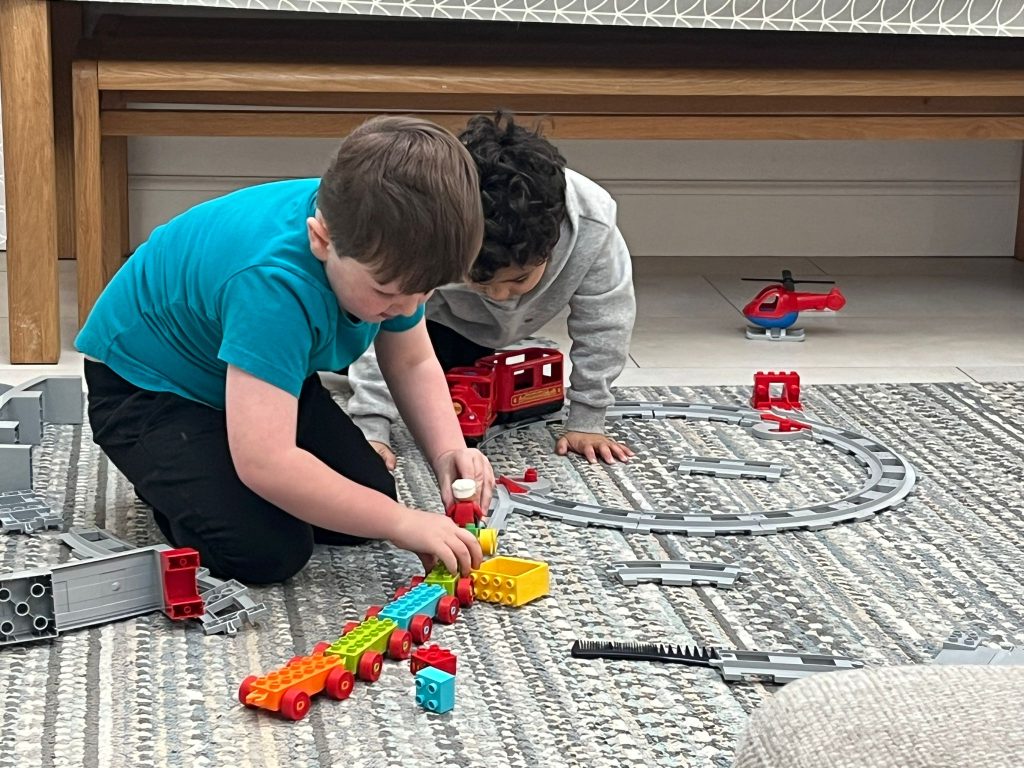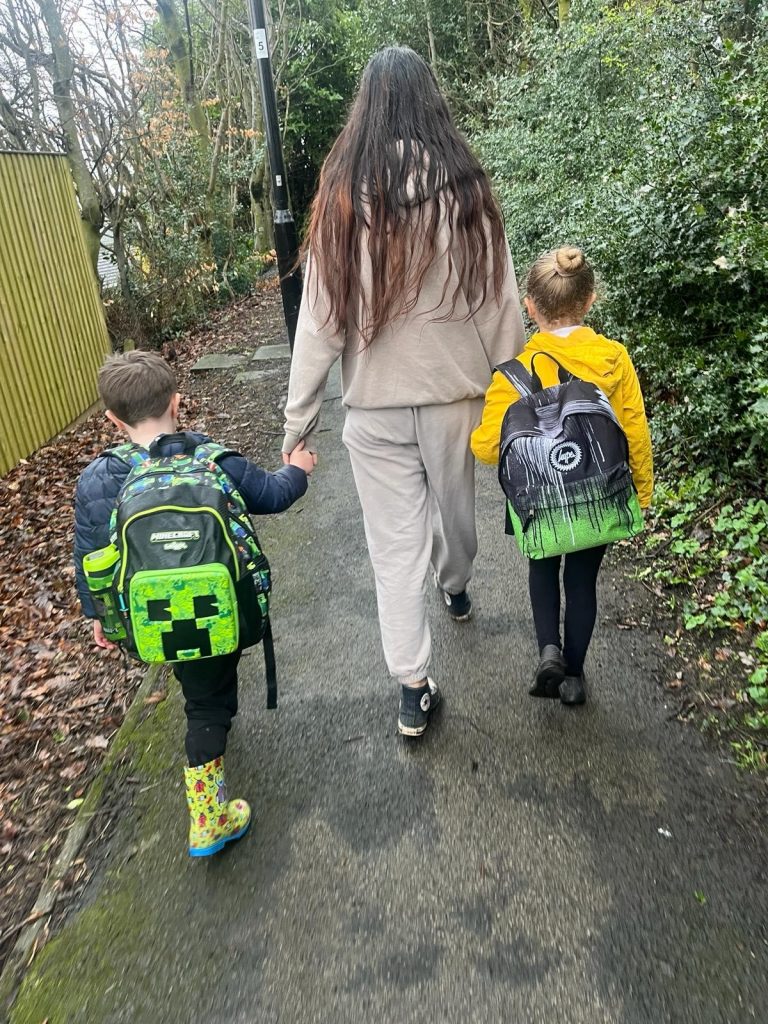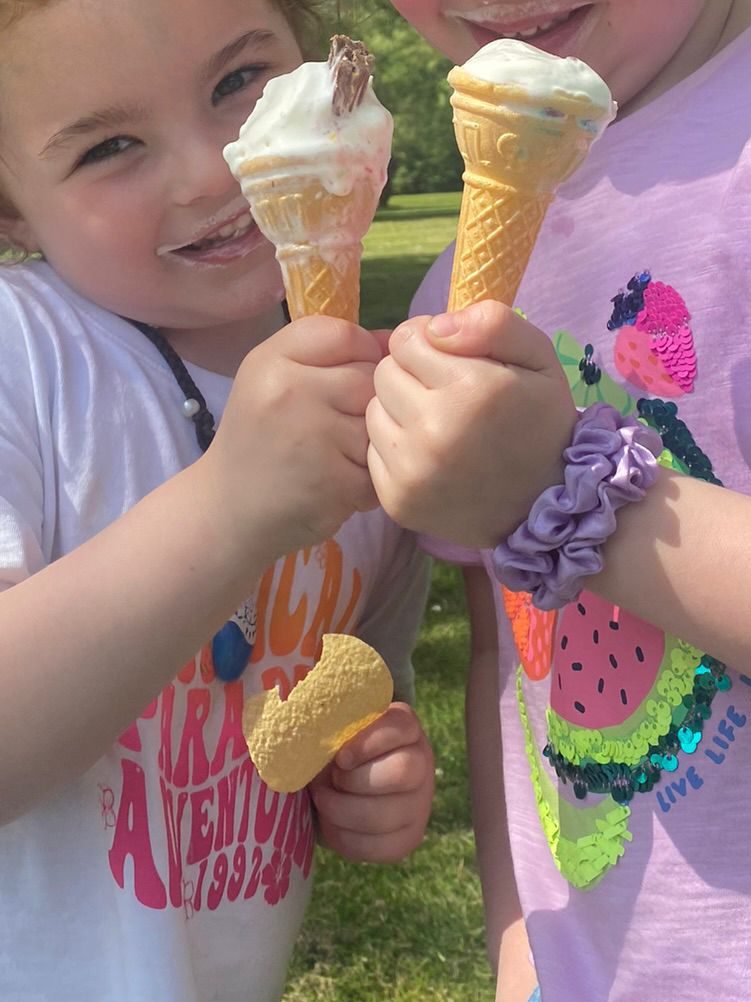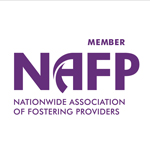The Vital Role of the Children of Foster Carers, in the Fostering Task
Often when people think about fostering, their minds often gravitate towards the incredible individuals that open their homes to children in need. Foster carers play a pivotal role in providing stability, love and care to those who have experienced trauma and instability. However one essential aspect of the fostering dynamic can go unnoticed: the children of foster carers. These young individuals, play a crucial role in the fostering task, making significant contributions to the success of the foster care experience.

Foster care is a complex and multifaceted system aimed at providing homes for those, who can not live with their birth families. The role of the foster carer is to create a safe and nurturing environment, helping these children to heal and grow. But fostering is not solely the responsibility of the adults; it requires the involvement and support of the entire household.
October sees the return of the Fostering Network‘s Annual campaign to celebrate the Children of families that foster. Our fostering community recognises the positive impact of these children and young people in relation to the fostering task.
The positive impact of Children that foster
- Creating a Sense of Family
Foster children often come from backgrounds marked by instability and trauma. The presence of the foster carer’s biological children can provide a sense of normalcy and familial warmth. These children and young people can help foster siblings feel more integrated into the household, showing them what a loving family looks like and helping to break down barriers.
2. Peer Support and Companionship
Foster carer’s children often become immediate peers for foster children. This companionship can be invaluable, offering emotional support and friendship. Through shared experiences, they can help foster siblings navigate their feelings, fostering a sense of belonging and acceptance.

3. Modeling Healthy Relationships
The interactions between biological and foster children can serve as powerful examples of healthy relationships. Foster carer’s children can demonstrate empathy, kindness and social skills, helping foster siblings learn how to engage positively with others. These lessons are crucial for children who may have missed out on positive social interactions in their previous living situations.
4. Encouraging Resilience and Adaptability
Living with foster siblings can teach biological children important life skills, including resilience and adaptability. They learn to share their space, toys and even their parents attention. These experiences can foster a sense of compassion and understanding that will benefit them throughout their lives.

The children of foster carers are crucial active participants in the fostering journey. Their contributions are invaluable, shaping the experiences of both foster children and the entire family unit. By recognising and supporting these young heroes, we can enhance the fostering experience of everyone involved, creating a nurturing environment that fosters healing, growth and lasting connections. Fostering is indeed a family affair and every member plays their vital role.
To find out more about the Fostering Network Campaign please visit: https://www.thefosteringnetwork.org.uk/get-involved/championing-fostering/children-of-foster-carers-month
To find out more about fostering with Chrysalis please visit: https://chrysalisconsortium.co.uk/
#COFCM24 #ChildrenofFosterCarersMonth #FosteringwithChrysalis #Chrysalisfostercare #Familiesthatfoster



